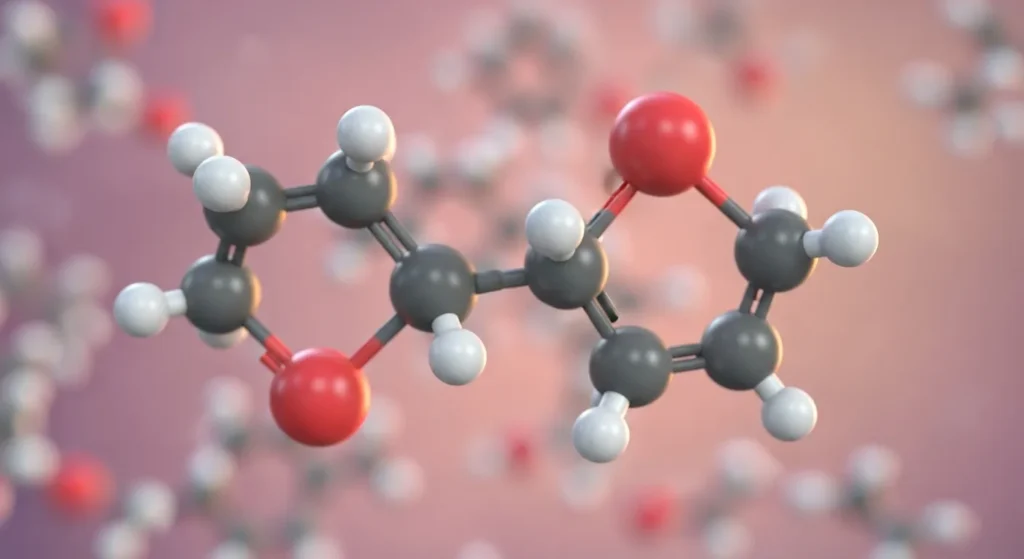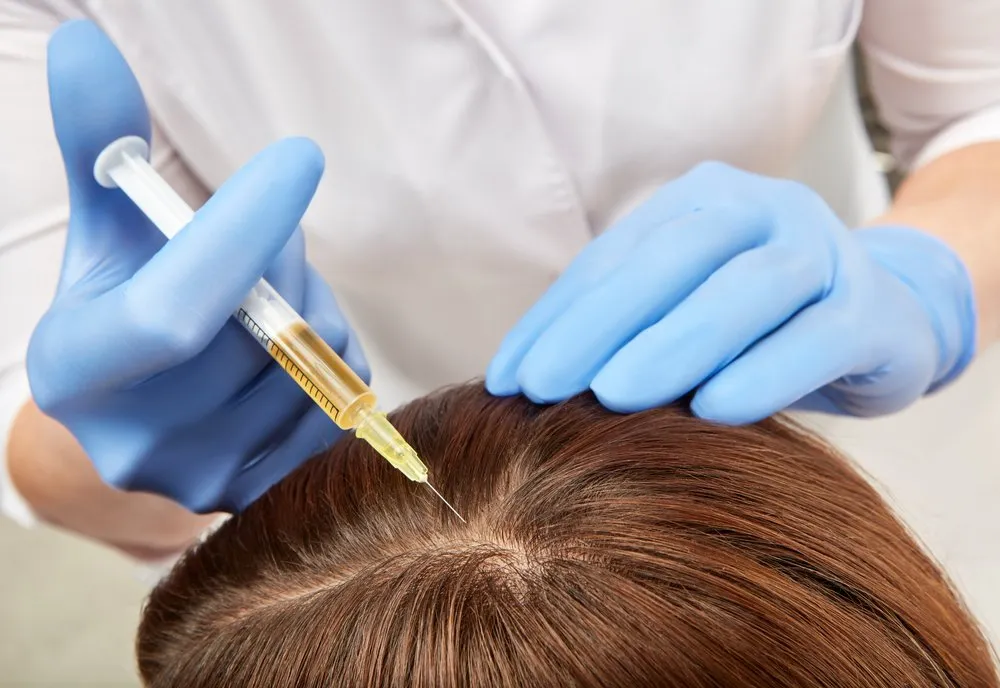Are you wondering can high estrogen cause hair loss? While estrogen is generally known for supporting healthy, vibrant hair, an imbalance, especially excess estrogen, can sometimes disrupt your hair’s natural growth cycle.
In this article, you’ll discover how high estrogen may contribute to hair thinning, how to recognize the signs, and what treatment options can help. Backed by medical insights and patient-focused advice, this guide aims to provide the answers you need to regain control over your hair health.
What Is Estrogen and How Does It Affect Hair Growth?

Estrogen is a key sex hormone that plays a significant role in reproductive health, but its effects go far beyond fertility. It also influences:
- Skin elasticity
- Mood regulation
- Hair follicle health
Estrogen’s Role in the Hair Growth Cycle
Estrogen can prolong the anagen (growth) phase of hair, which helps maintain fuller, thicker strands. This is why many women experience luscious hair during pregnancy when estrogen levels peak.
However, maintaining a balance is critical. Disruption—whether too little or too much—can send hair into the telogen (resting/shedding) phase prematurely.
Estrogen vs. Androgens: A Delicate Hormonal Balance
Hair growth also depends on the balance between estrogen and androgens (like testosterone). If estrogen levels rise disproportionately or fluctuate against androgen levels, the hormonal harmony is lost, and this can result in diffuse hair shedding.
Can High Estrogen Levels Cause Hair Loss?
While low estrogen is a more commonly known cause of hair loss (especially post-menopause), high estrogen levels can also lead to shedding, although the mechanisms are less discussed.
How Excess Estrogen May Impact Hair Follicles
- Estrogen dominance, where estrogen is high relative to progesterone, can create inflammatory conditions or trigger autoimmune responses that disrupt hair follicles.
- It may also interfere with thyroid function, another contributor to hair loss.
Situations Linked to High Estrogen
High estrogen levels are more common in certain scenarios, including:
- Pregnancy (followed by a sharp drop postpartum)
- Hormone Replacement Therapy (HRT)
- Polycystic Ovary Syndrome (PCOS)
- Estrogen-secreting tumors (rare but possible)
Common Causes of Elevated Estrogen in Women and Men
Understanding what’s driving high estrogen can help target the root cause of hair loss.
Hormone Replacement Therapy (HRT)
Used during menopause or for gender-affirming care, HRT can result in elevated estrogen levels if not carefully monitored. In some individuals, this may contribute to unwanted hair thinning.
Medications and Environmental Estrogens
Some drugs, such as birth control pills or psychiatric medications, may increase estrogen levels. Similarly, xenoestrogens from plastics, pesticides, and cosmetics mimic estrogen in the body and can disrupt hormonal balance.
Obesity, Liver Dysfunction, and Lifestyle Factors
- Fat cells can produce estrogen, so excess body fat may contribute to elevated levels.
- A sluggish liver may struggle to metabolize and clear excess estrogen.
- Chronic stress, poor sleep, and alcohol can all impair hormonal regulation.
Symptoms That May Accompany Estrogen-Induced Hair Loss
If high estrogen is contributing to hair thinning, other symptoms may appear, too.
Diffuse Thinning vs. Patchy Loss
Hair loss from estrogen imbalance typically presents as diffuse thinning, especially around the crown or parting line, rather than bald patches.
Other Signs of Hormonal Imbalance
Look for these accompanying symptoms:
- Mood swings or irritability
- Irregular menstrual cycles
- Weight gain (especially around hips and thighs)
- Fatigue
- Bloating or breast tenderness
How to Diagnose High Estrogen as the Cause of Hair Loss
Hair loss has many potential causes, so testing is essential before starting treatment.
Blood Tests and Hormonal Panels
Doctors may order the following labs:
- Estradiol (main form of estrogen)
- Progesterone
- DHEA, testosterone, and cortisol
- Thyroid function tests
It’s best to test hormones during the follicular phase (day 3–5 of your cycle) for the most accurate results.
Consulting an Endocrinologist or Trichologist
A hair specialist can evaluate your scalp health, while an endocrinologist can assess your hormone levels and offer systemic treatment.
Effective Treatment Options for Hormonal Hair Loss
The best results come from treating the underlying hormonal issue while supporting follicle recovery.
Addressing the Underlying Hormonal Imbalance
- DIM supplements to support estrogen metabolism
- Liver-supporting herbs like milk thistle
- Weight loss and reduced alcohol intake
- Medication adjustments if estrogen-elevating drugs are involved
Hair Restoration Therapies
- Topical minoxidil to stimulate regrowth
- PRP therapy (Platelet-Rich Plasma) to boost follicle regeneration
- Microneedling or stem cell treatments in select cases

Lifestyle and Dietary Changes
- Increase cruciferous vegetables (broccoli, kale)
- Exercise regularly to regulate hormones
- Prioritize sleep and stress reduction
FAQs About Estrogen and Hair Loss
Can high estrogen cause hair loss in men, too?
Yes, although less common. In men, excess estrogen (often from obesity or liver dysfunction) can lead to thinning hair, gynecomastia, and fatigue.
Is hair loss from high estrogen levels reversible?
Often, yes. Once the hormonal balance is corrected and follicles are supported, many patients experience noticeable regrowth within 3–6 months.
How long does it take to see improvement?
It varies, but most people see improvement within 3–6 months of targeted treatment and lifestyle changes.
Can I still take HRT if it causes hair loss?
Yes, but your doctor may adjust the dosage or type of hormone used. Monitoring and balancing estrogen with progesterone is key.
When to Seek Professional Help
If you’re experiencing persistent shedding along with symptoms of hormonal imbalance, it’s time to:
- Get lab testing
- See a specialist in hormonal health or hair loss
- Avoid self-diagnosis—hair loss is often multi-factorial
Take Your Next Step
If you suspect hormones like high estrogen are behind your hair loss, don’t wait for it to worsen. Dr. Rana Irfan offers personalized evaluations, advanced diagnostic tools, and modern treatments to help you restore your hair and hormonal balance safely.
Book a consultation with Dr. Rana Irfan in Islamabad today to take the first step toward hair recovery and confidence.
